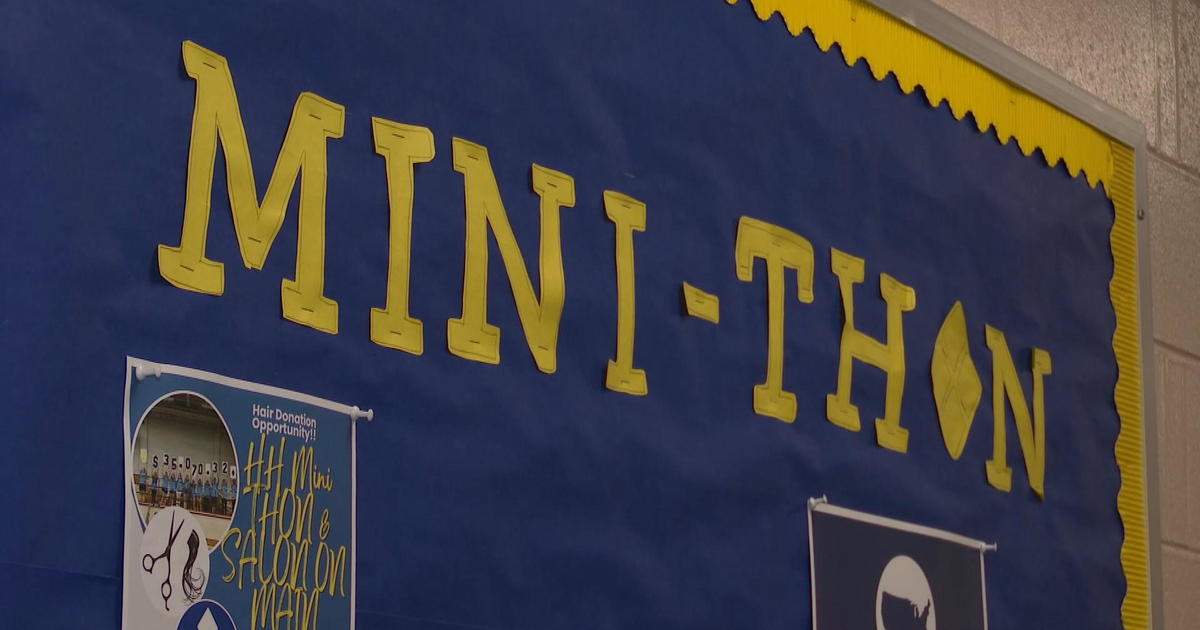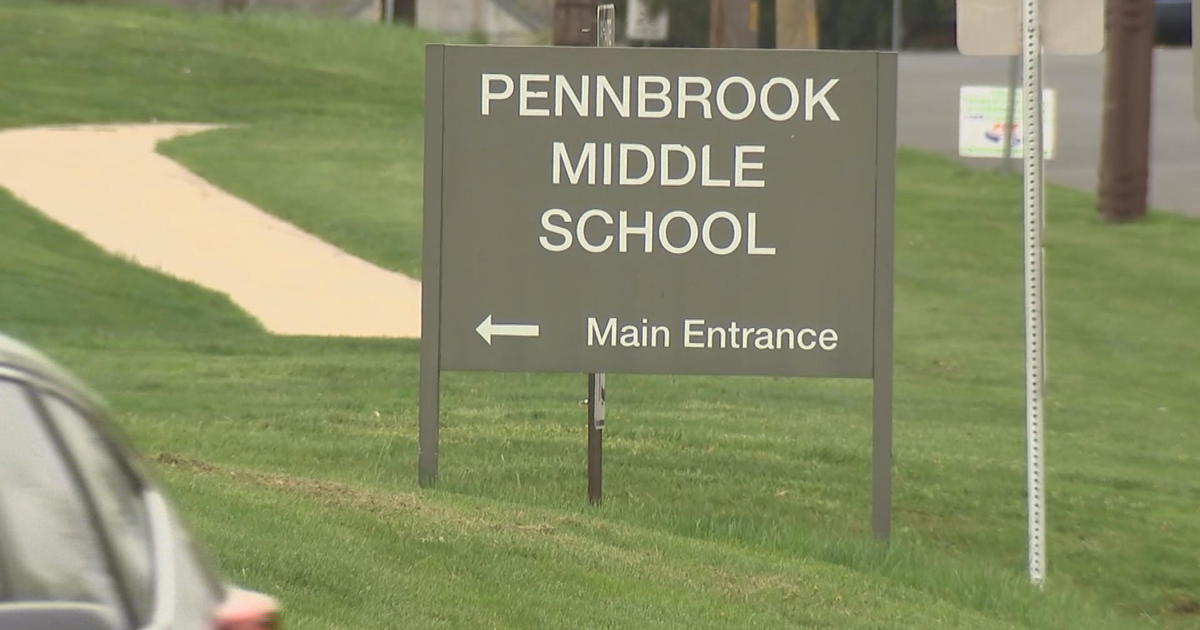Fight Over Who Pays For Public Schools Heads To Senate Floor
HARRISBURG, Pa. (AP) — The Pennsylvania state Senate is juggling a long-simmering fight over who pays for public schools just as Gov. Tom Wolf and top lawmakers try to hold together the skeleton of a five-months-late budget deal.
There's head-scratching in the Capitol over why Senate Republican leaders chose this moment for the debate. For one thing, some privately worry it could destabilize efforts to pass a package of budget-related legislation, which will drag into December.
For another, it is no small matter: It would require a $12-plus billion state takeover of public school funding from school boards and perhaps the biggest-ever change in state taxation.
A Monday vote is expected, and it is not yet clear whether it will pass.
"The first thing I'm going to do in my floor speech is to apologize to the taxpayers of Pennsylvania that it's taken this long to get a vote on the issue," said Sen. David Argall, R-Schuylkill, the bill's chief sponsor.
Argall's measure would end the collection of school property taxes from millions of households and businesses starting next July 1, except to pay off school debt. It also would impose another barrier for school boards to raise taxes in the future, requiring them to win voter approval to increase local income taxes if they want to spend above the state's allotment.
Starting Jan. 1, the personal income tax rate would rise from 3.07 percent to 4.34 percent while more types of food, clothing and shoes would be exposed to a new, higher tax on sales — 7 percent, up from 6 percent.
The sales tax also would be applied to a wider range of services that are currently exempt. Those include basic TV service, tickets to recreational, cultural and sporting events, and some work performed by lawyers, accountants, architects, financial institutions, funeral parlors and salons.
No one would pay school property taxes: landlords, millionaires, the fixed-income elderly, shopping malls and international corporations that may not pay any corporate income taxes in Pennsylvania. Renters would immediately pay higher taxes, with no guarantee that their rent would come down proportionally or even immediately.
Beyond the arguments for or against it, it is not clear that the complete elimination of school property taxes would work seamlessly.
For instance, it isn't clear the 138-page bill can raise the precise amount of school property taxes being collected, or even that it is required to raise the precise amount of school property taxes being collected before it takes effect.
Argall estimates that his bill raises somewhere between $12 billion and $13 billion a year but the state Legislature's Independent Fiscal Office projects that total school property tax collections, including rebates, will be more than $14 billion next year.
Wolf's office has remained silent, and top lawmakers are saying little. Even so, its future in the House is uncertain: A similar bill failed in the House two years ago, 138 to 59.
But opponents have swung into action. Fifty organizations — including the Pennsylvania Chamber of Business and Industry, the Pennsylvania Bar Association, the NAACP and a range of education advocacy organizations, food charities and trade associations — circulated a letter opposing it last week.
Food banks saw immediate harm from taxing food at a time almost 2 million people are served by the state's charitable food network each year. Most patrons do not owe property taxes, yet can barely afford to eat, said Lisa Scales of the Greater Pittsburgh Community Food Bank.
A more immediate concern for some inside the Capitol is that Argall's measure conflicts with a key element of the proposed budget deal between Wolf and legislative leaders: a net school property tax reduction of $1.4 billion by raising the state sales tax rate to 7.25 percent.
It is not clear if that can pass, either.
Democrats complain that increasing the sales tax — as opposed to the income tax — slants Pennsylvania's tax structure further against the poor, while suburban Republicans worry that their wealthier or faster-growing districts will be losers in the tax swap.
Progress on the budget deal is awaiting the development of a formula that somehow bridges that divide, said Senate Appropriations Committee Chairman Pat Browne, R-Lehigh,
"This was never going to be easy," Brown said.
(Copyright 2015 The Associated Press. All rights reserved. This material may not be published, broadcast, rewritten or redistributed.)



